Covid: Nine ways England's lockdown is different from last time
- Published
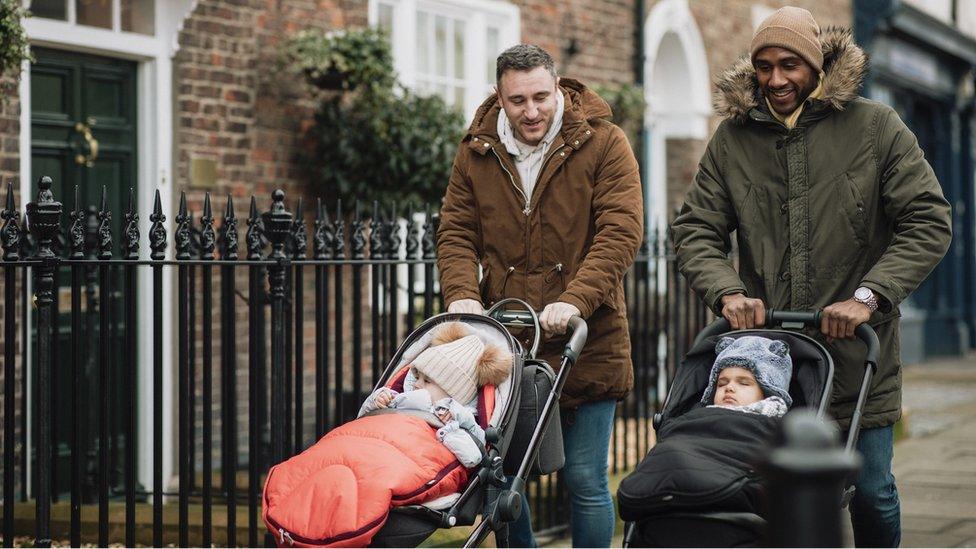
England is back in lockdown, with pubs, restaurants and non-essential shops closed.
Here are nine things that are different from the March lockdown.
1. You can meet one friend... with your children
In March, you could only meet others from outside your household in a very limited set of circumstances.
Meeting another person socially wasn't allowed until May.
This time, you can catch up with a friend in an outdoor public place, like a park or beach, as long as you socially distance and neither of you is self-isolating.
And this time, children of pre-school age are not included in the two-person limit, so those looking after youngsters can still have social contact.
2. Schools and universities are staying open
The government has emphasised that it is prioritising education - so schools, colleges and universities will all remain open, as will nurseries and other childcare.
They closed back in March and while studies continued online, many students did not return in person until September.
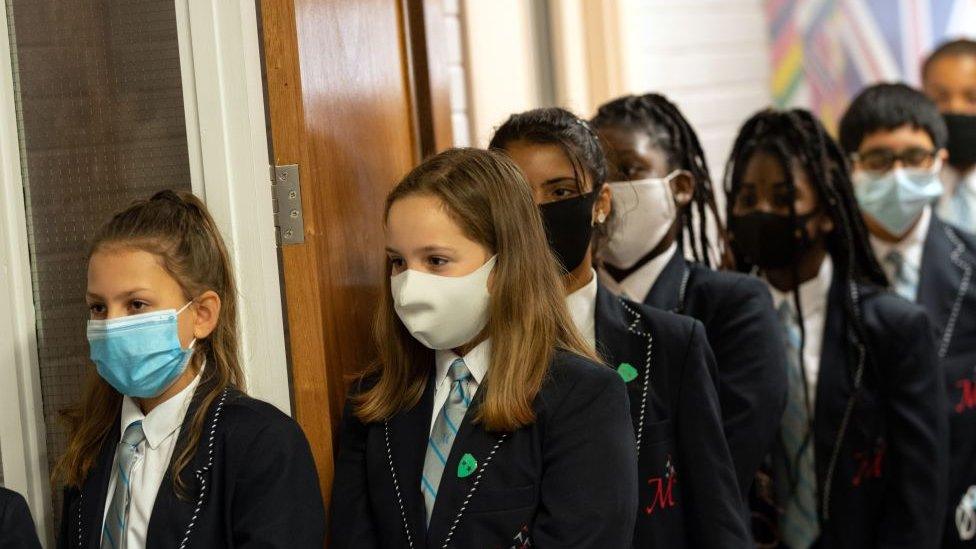
In the summer, scientists had warned that pubs and other activities might have to close for schools to remain open in the second wave.
''We cannot let this virus damage our children's futures even more than it has already,'' Prime Minister Boris Johnson said, adding that clinical advice is for young people to be in school.
3. Public toilets will not be closed
The government has specifically said that public toilets can remain open.
This also applies at visitor attractions like gardens and castles, if they are normally available to the public and are sufficiently separate.
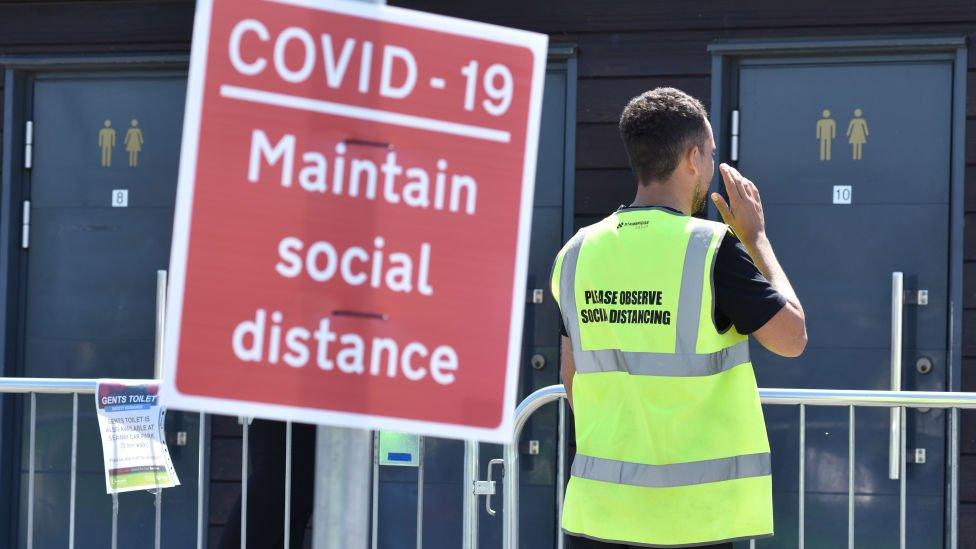
During the last lockdown, many councils did not reopen their public toilets when allowed.
People with young children and long-term health conditions were particularly affected, and with pubs and restaurants closed, many complained they were forced to relieve themselves in public places.
4. 'Bubbles' exist
Many people are going into this lockdown as part of a support "bubble", a concept which didn't exist back in March.
It means that an adult living alone or a single parent family can mix freely with one other nominated household of any size.
A household with children under 13 can also form a childcare bubble with another household to help with informal (unpaid and unregistered) childcare. This must always be between the same two households.However, the Cabinet Office has been unable to confirm to the BBC whether one or more people from the second household can provide the childcare - so in the case of grandparents, for example, whether only one of them can do it.
Bubbles will continue during the lockdown.
5. Click and collect services will be available
Non-essential shops are closing once again, but this time click and collect - where customers order products online and go to pick them up - will be allowed.
Click and collect involves minimal contact, and could help shops to keep more workers employed.
Garden centres can also stay open this time, as can waste and recycling tips.
6. Sitting on a bench is allowed
In the early days of lockdown, sitting on a bench could be interpreted as breaking coronavirus rules - unless the person was taking a break from exercising. Sunbathing or reading outdoors were also not permitted.
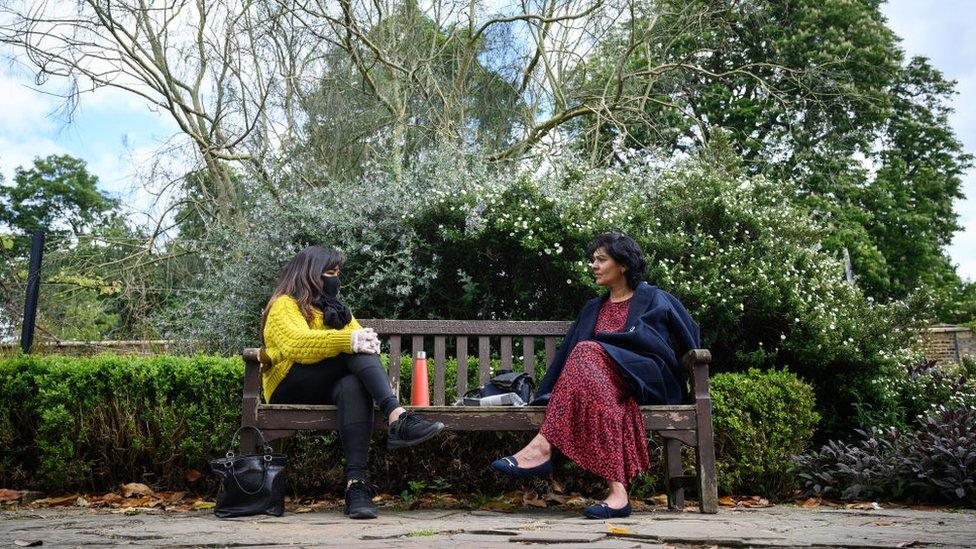
This time, the government has not placed any time limit on recreational activities, with the prime minister suggesting that meeting a friend in the park for a walk or sitting on a bench and eating a sandwich was perfectly fine.
7. You can take unlimited exercise
The message is very different now to March, when people were told to take only one form of exercise outdoors a day.
The government is mindful of obesity, mental health and other problems caused by lockdown inactivity, and the risks of coronavirus transmission are generally higher indoors.
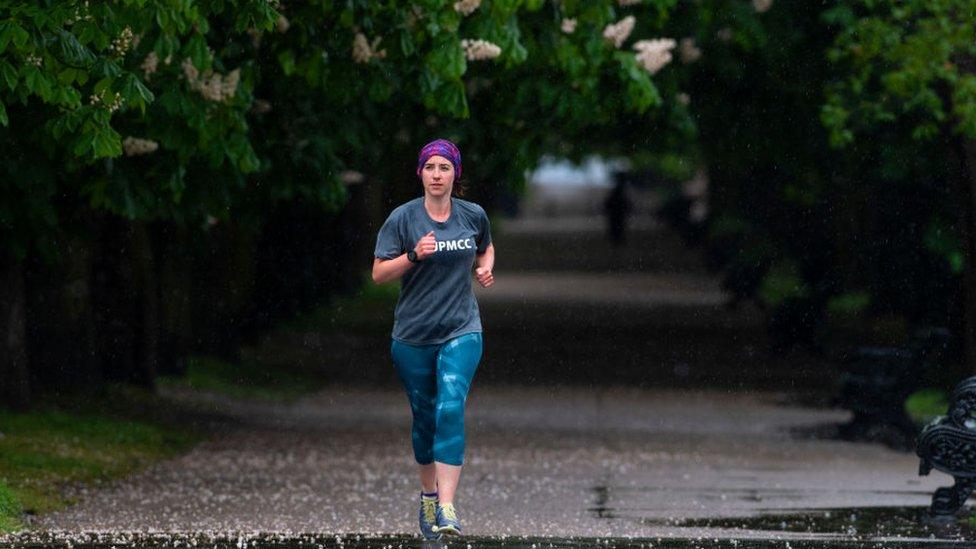
The new lockdown guidance says "you can and should still travel to... spend time or exercise outdoors. This should be done locally wherever possible, but you can travel to do so if necessary".
Only essential travel was permitted in the spring, but this was open to interpretation, with one police force criticised for sharing drone footage of ramblers online.
8. Dentist and opticians are staying open
Dentists and opticians were only open for emergency appointments at the start of the last lockdown.
But they can open as usual this time, as can chiropractors and osteopaths.
Boots Opticians and Specsavers say they will operate as normal, while the British Dental Association has confirmed that dental services will be available.
An alarming side-effect of the last lockdown was missed medical appointments, as many worried about burdening the health service or being exposed to the virus.
This has potentially led to thousands of missed diagnoses and treatments.
Mr Johnson stressed it is ''really important'' to ''get your scans, turn up for your appointments and pick up your treatments'', during this lockdown and all winter.
9. Nobody will formally shield
About two million vulnerable people had to shield in the last lockdown, meaning they stayed at home.
Many found this advice ''very restrictive,'' the government says.
The aim is to strike a balance between practical measures to keep people safe, while reducing the harm caused to their wellbeing and mental health.
"I know how tough shielding was, and we will not ask people to shield again in the same way," Mr Johnson said.
However, the "clinically extremely vulnerable",, external including organ transplant patients and people with certain cancers, have been told to take extra care to minimise contact with others, including working from home.
They have been advised not to go to shops, but can still exercise and go to school.

LOCKDOWN LOOK-UP: The rules in your area
PAY-PACKET SUPPORT: What do chancellor's plans mean for wages?
SUPPORT BUBBLES: What are they and who can be in yours?
FACE MASKS: When do I need to wear one?
TESTING: What tests are available?

- Published1 July 2022
